The sun will rise on January 1st as it has always done before, we normally say, but luckily this will not be the case in 2025 on the Hungary-Romania border. On that day, Hungary's eastern neighbor and Bulgaria will become full members of the EU's integrated border management system, the Schengen area. So everything is in place to end the queues at the dozens of Hungarian-Romanian border crossing points, where hundreds of thousands of visitors, tourists, pilgrims, business travelers and families piled up entering and leaving the country on some of the weekends. (Random checks will remain.) The decision on the accession is one of the outstanding successes of Hungary's presidency of the Council of the European Union over the past six months.
Years ago, our southern neighbor, Serbia, along with Montenegro were promised EU accession in 2025 - this remains an embarrassing flaw. Podgorica considers entry in 2028 realistic, but Belgrade does not.
As a neighboring country to the Western Balkans, it is hard not to notice how the mainstream in Brussels has forgotten about this religiously, ethnically and linguistically complex region, which has demonstrated the security risks it poses on several occasions recently.
Serbia's accession to the EU as soon as possible could be the most important thing for only us Hungarians - because of the ethnic Hungarians living in Vojvodina and good bilateral relations - but due to the country's position on the migration route across the Balkans, it would also be in the obvious interest of the whole of Europe.
The EU's attention has been focused on Ukraine for the past three years, and it is feared that Europe will create expectations in the Ukrainians beyond the war, which it will not be able to, or perhaps - which would be unfair - will not want to fulfill. The end of this could be that the EU can neither swallow nor spit out this huge Eastern European country. One way or another, the Russia-Ukraine war will come to an end sooner or later. Let's take a look at some figures to assess what kind of task the European Union, which is already strained by internal contradictions, will take on if it continues to court the Ukrainians next year.
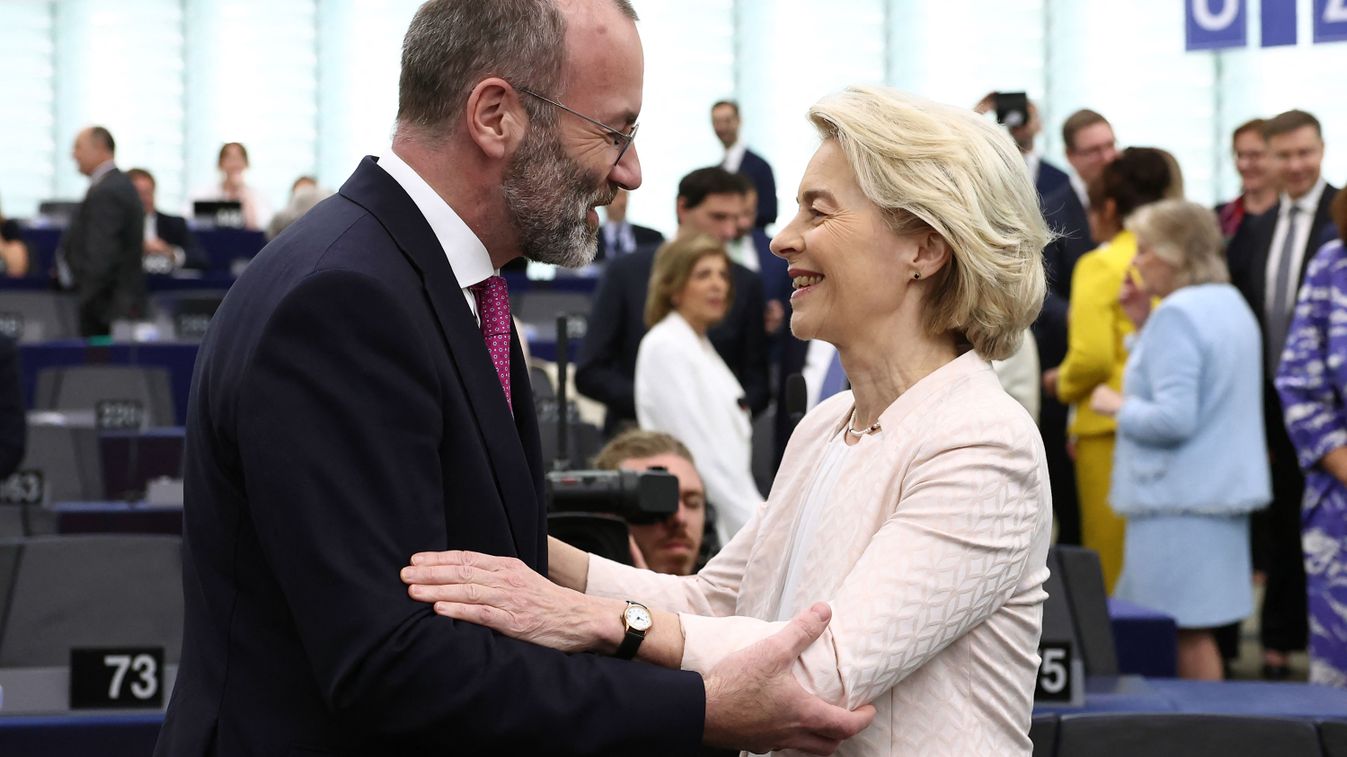
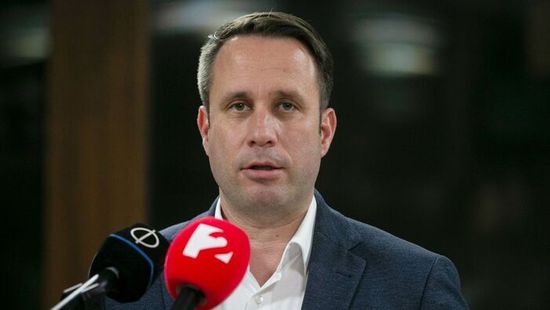
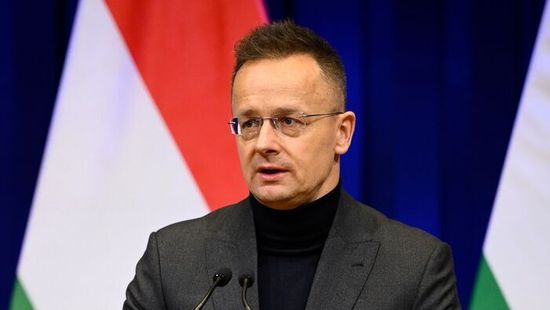
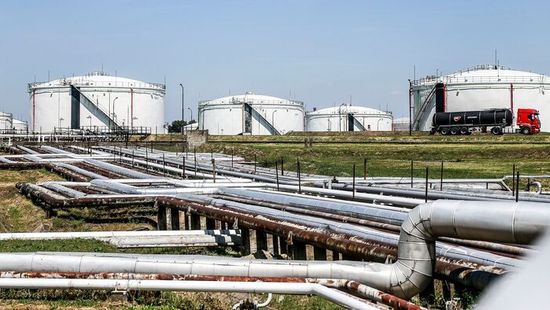
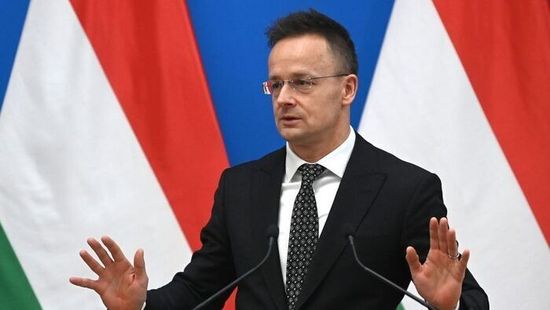

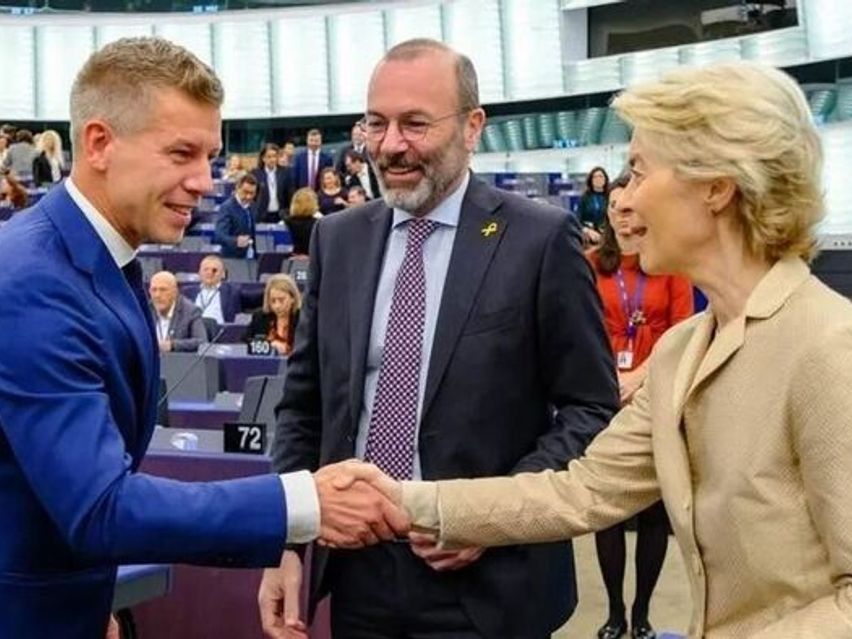
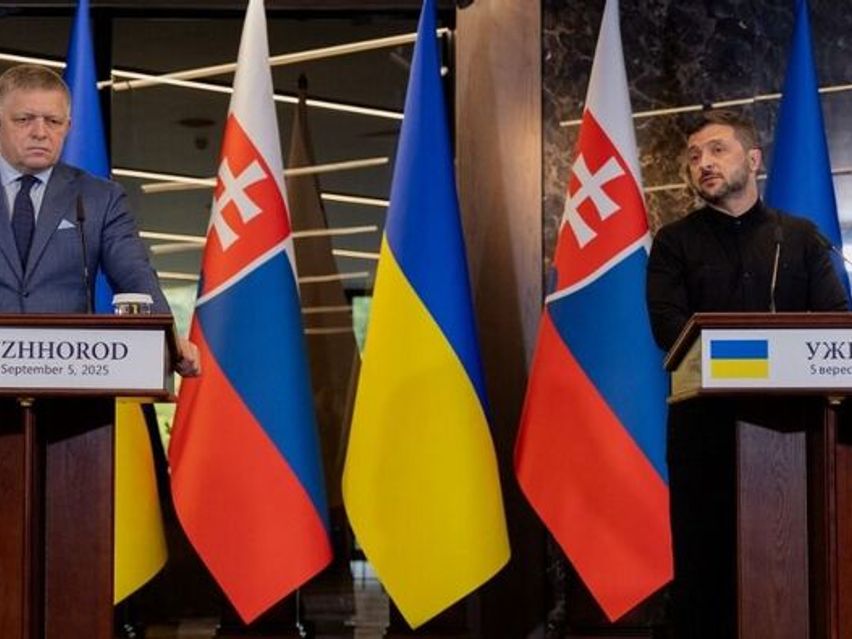

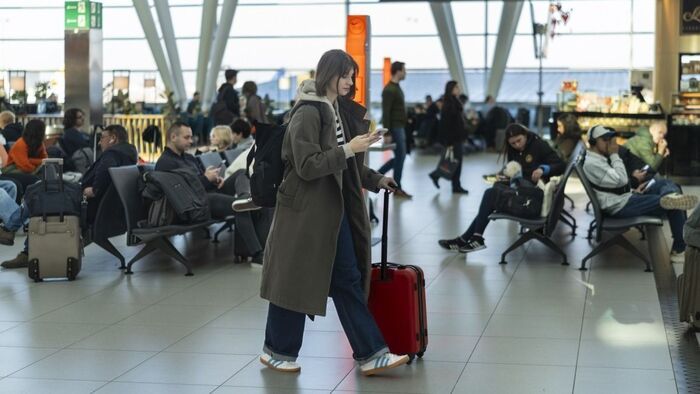




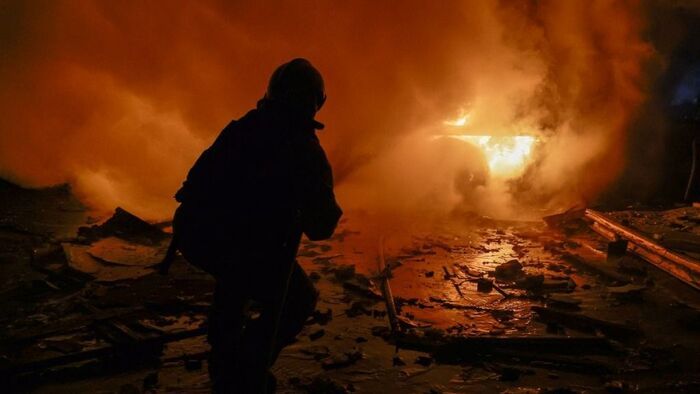
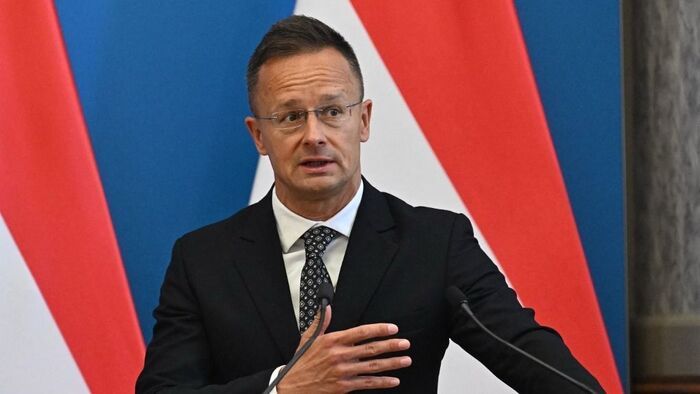
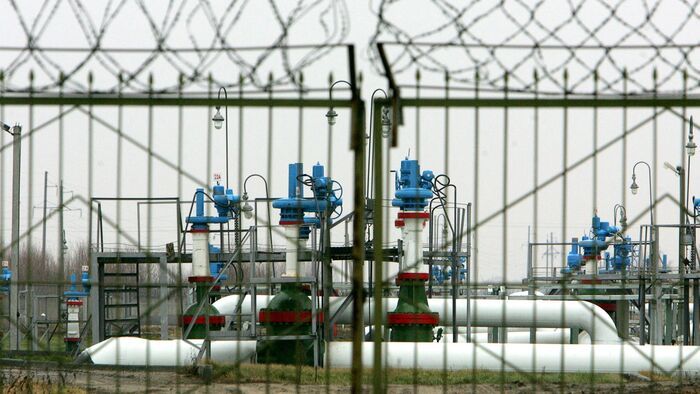
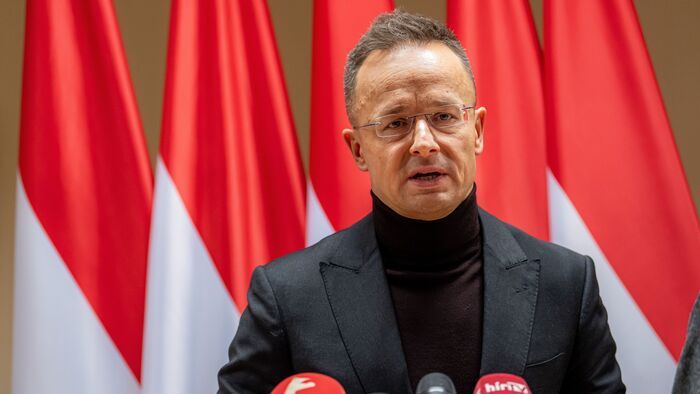





Szóljon hozzá!
Jelenleg csak a hozzászólások egy kis részét látja. Hozzászóláshoz és a további kommentek megtekintéséhez lépjen be, vagy regisztráljon!